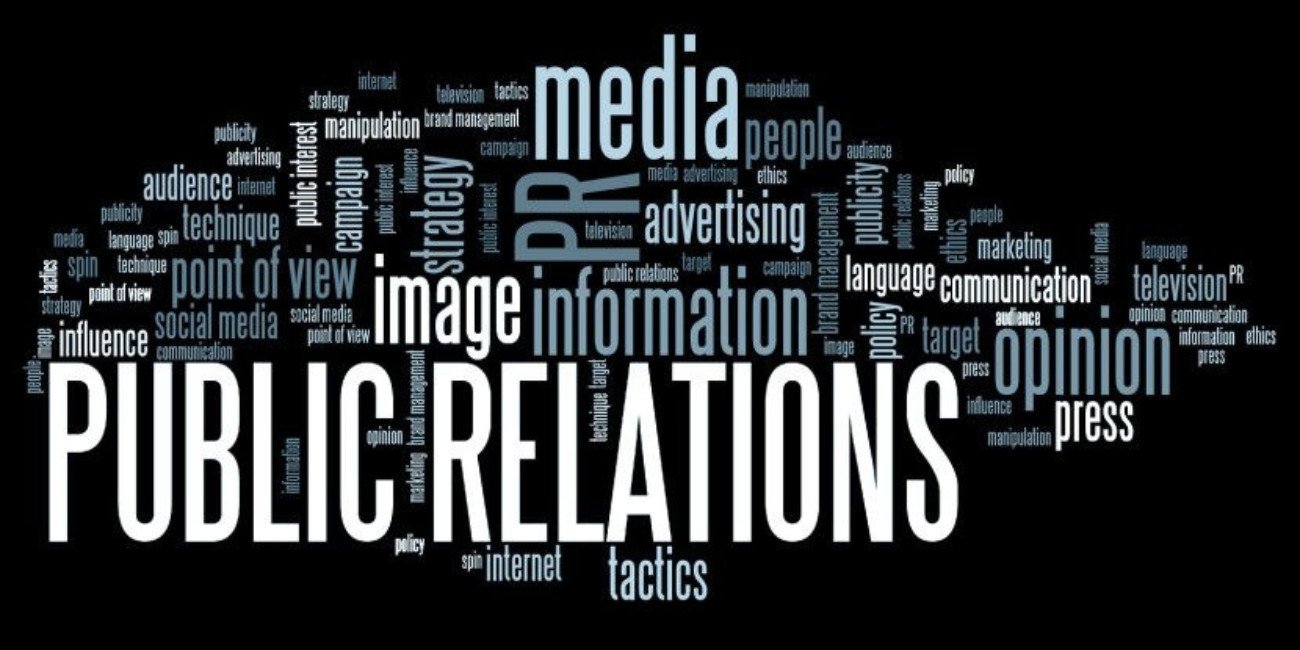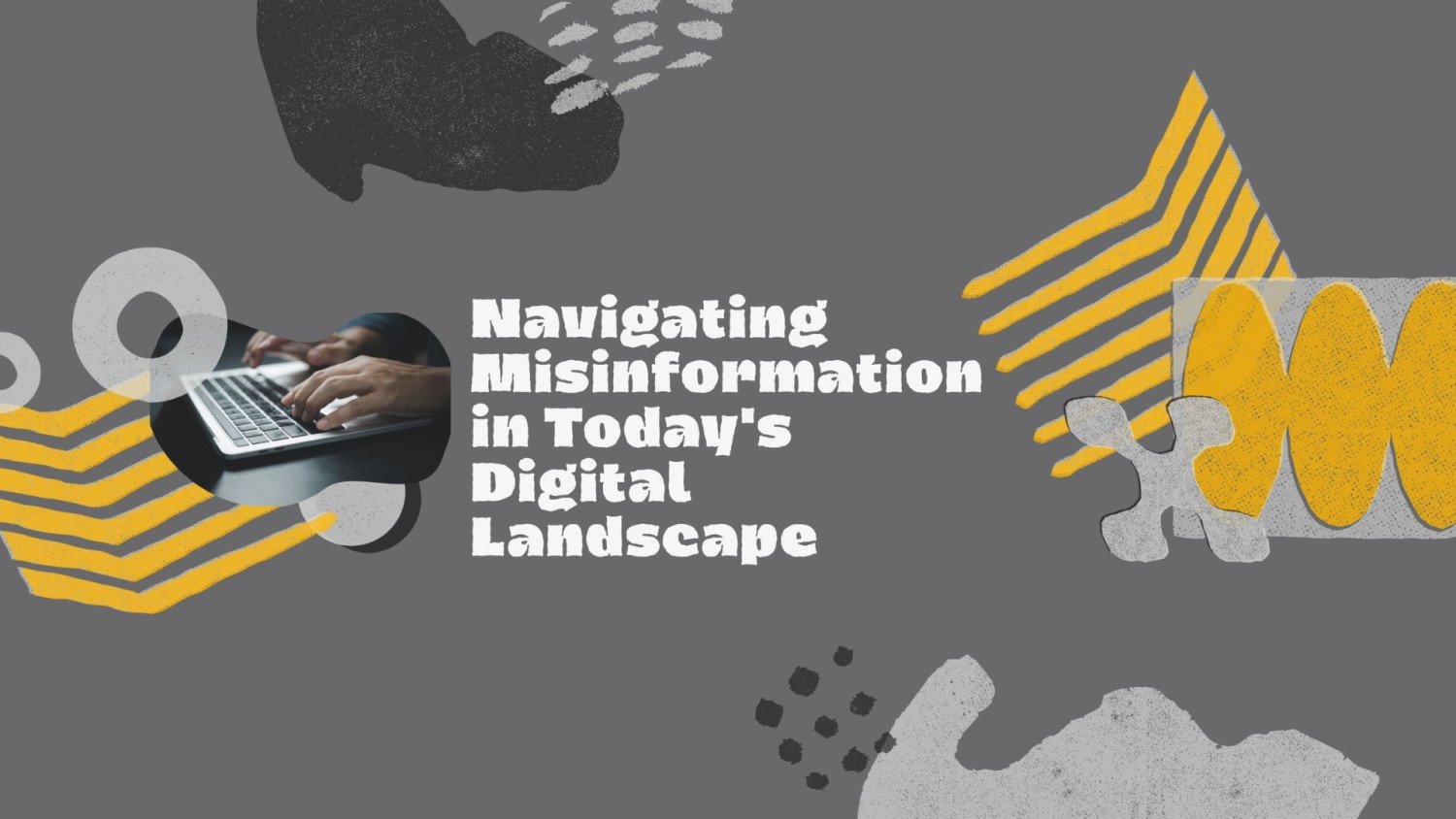More than Marketing: How PR Builds relationships with customers

In a world full of advertisements,
customers today are smarter and more selective. Customers don’t just want to
buy products; they want to connect with the brands they choose. This is where
Public Relations comes in. PR is more than just promoting your business — it’s about creating trust, building strong
relationships and shaping a brand image that lasts for years.
Trust and Credibility
While marketing aims for quick sales,
PR focuses on building a good reputation over time. PR helps businesses share
stories that show their values and commitment to customers. When people see a
brand that is honest and genuine, they are more likely to trust it. For
example, a company might showcase its sustainability efforts in a PR campaign.
These stories make customers feel good about supporting a brand that cares
about more than just profits.
Building a Strong Brand Image
A key part of PR is creating a
positive brand image. Through press releases, media coverage, interviews, and
stories, PR professionals help present your brand in the best way. When
customers hear good news about your brand, they feel a connection and start to
trust it, which encourages loyalty.
Humanizing Your Brand
PR also humanizes your brand.
Customers want to know the real people behind the brand. By using storytelling,
PR highlights the human side of a brand, making it more relatable. This
approach helps customers feel like they are interacting with real individuals
instead of a faceless company.
Connecting Through Content and Social Media
In the digital age, content marketing
and social media are very important for PR. PR teams create useful content
focused on educating and engaging customers without constantly pushing sales
messages. On social media, brands can communicate directly with customers. By
answering questions and addressing complaints openly, brands show they care
about customer opinions. This interaction builds a stronger connection with the
audience.
Handling Crises and Maintaining Loyalty
No brand is perfect; issues will arise
at times. In these situations, crisis communication is vital. A good PR team
knows how to respond quickly and effectively, being transparent and explaining
how they will fix the issue. When customers see a brand taking responsibility
for its mistakes and making improvements, they tend to respect it more.
Long-Term Relationships over Quick Wins
While marketing focuses on short-term
sales, PR aims to build long-term relationships. Loyal customers are essential
for a successful business. They buy more often, recommend your brand to others,
and help create a positive reputation. PR nurtures these relationships by
keeping communication open and meaningful. Instead of short campaigns, PR
builds a brand story that evolves over time, keeping customers engaged.
Conclusion
PR is more than marketing; it creates
and maintains real relationships with customers, builds trust, and shapes a
positive brand image. By focusing on storytelling and honest communication, PR
helps businesses grow sustainably. In the end, customers remember how you make
them feel, not just what you sell. With a good PR strategy, you can make your
customers feel valued, understood, and connected to your brand.








